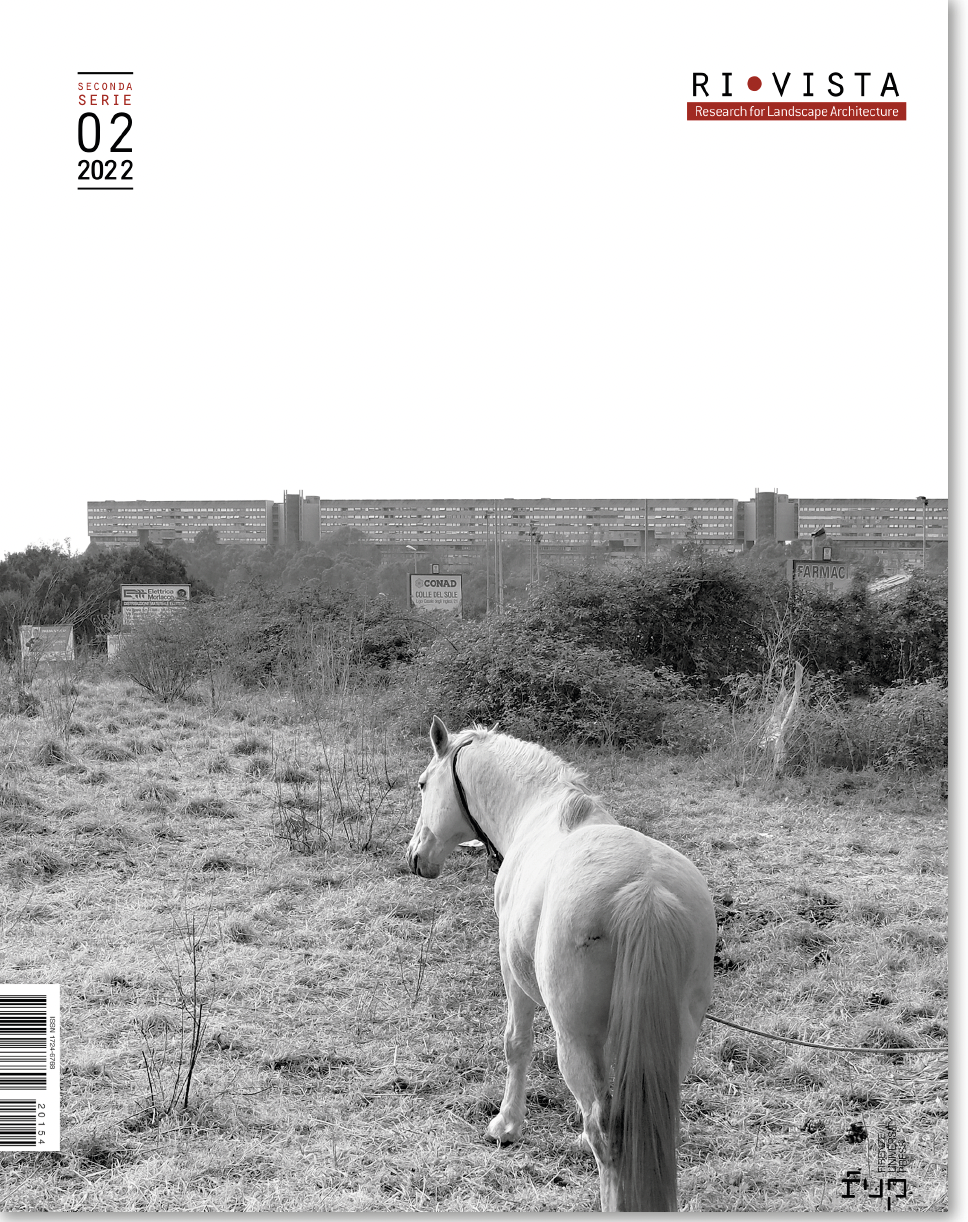Paradoxes of water
The discourse on water – or better on waters – often obliges us to have a dual posture, both on conceptual and technical level. It is a dialectic of opposites that is often little investigated, sometimes inevitably ambiguous, which forces us to continually change our perspective. This is evident in facing the extreme, opposite, and increasingly recurrent climatic phenomena. Raised water levels, floods and storms threaten us as much as the drying up of the countryside and growing droughts. We perceive these places as in a transitory condition, returning to the original condition or on the other hand waiting for radical transformations. We fear possible conflicts related to water scarcity. The issue of equity in access to resources is local and global, and determines geopolitics for the control of water, as Yves Lacoste and Vandana Shiva have already highlighted. We are also concerned about the qualities of this resource. It is no coincidence that the SDGs highlight the need to deal with the availability of water, as well as its quality, and the global consequences generated by its pollution. At the same time, precisely because it is a physical necessity for all living beings, water has always been the expression of other primary desires for the human species. Desires of beauty, comfort, hygiene, leisure, as well as an essential passage in many religious rituals. Water has always been an object of arts that enhances it as a symbol, as well as of technology, which over the centuries has dealt firstly with the supply, then with the disposal and sanitation of cities, but has always supported the arts in its spectacularization. Often the hydraulic technique has made the waters invisible in the cities, reducing their symbolic impact. And in the current emergency, functional objectives seem to take over again. Water is therefore as loved and is desired as it feared. It’s scarce or too much, it’s good or dangerous, it’s beautiful or horrid.
Forms of water
Water has no form, but it forces us to search for an appropriate one every time. In this too, the landscape project today expresses a duality. The elaboration of protocols and projects for investigating the conditions of urban soils to greater porosity, but at the same time question the possibility of accumulating the water resource, with uncertain orientations, between the return of water to the groundwater or its conservation and enhancement. So there coexist projects that manage the waters in a well-organized, technologically structured and very specific forms, with other solutions that, on the contrary, can be almost dreamlike, where through more indeterminate structures the forms apparently disappear. On the contrary, the image of water is often used as a status symbol, trivializing its role, in many new urban waterfronts, in glittering commercial areas, and sometimes even in unlikely proposals for blue infrastructures.
With this issue of Ri-Vista we therefore aim to collect experiences, projects and reflections that narrate the propulsive role of water in the construction of contemporaneity. Ivan Illich pointed out that in the history of humanity, “clear, fresh and sweet waters” have always also been “products”, that is, concerns for administrations. But at the same time, it reminds us that one of the factors of Rome’s rebirth in the sixteenth century was precisely the overall redesign of its waters. The hypothesis we intend to verify is how this movement between opposites can be found in the landscape project related to water, recognizing this element as being able to determine the most immediate aspect of its natural consistency and the aspects related to its anthropic use.
Keywords: Water and Landscapes; Scarcity and/or Floods; Desires and/or worries; Techniques and/or Arts; Forms of water.
The call is open until December 31st 2022
Edited by Fabio Di Carlo and Carlo Peraboni
Info: emanuela.morelli@unifi.it
Registration and login as Author to the Ri-Vista system is required to submit and follow the status of the submission process online. For all information related to the submission process see: https://oaj.fupress.net/index.php/ri-vista/about/submissions

